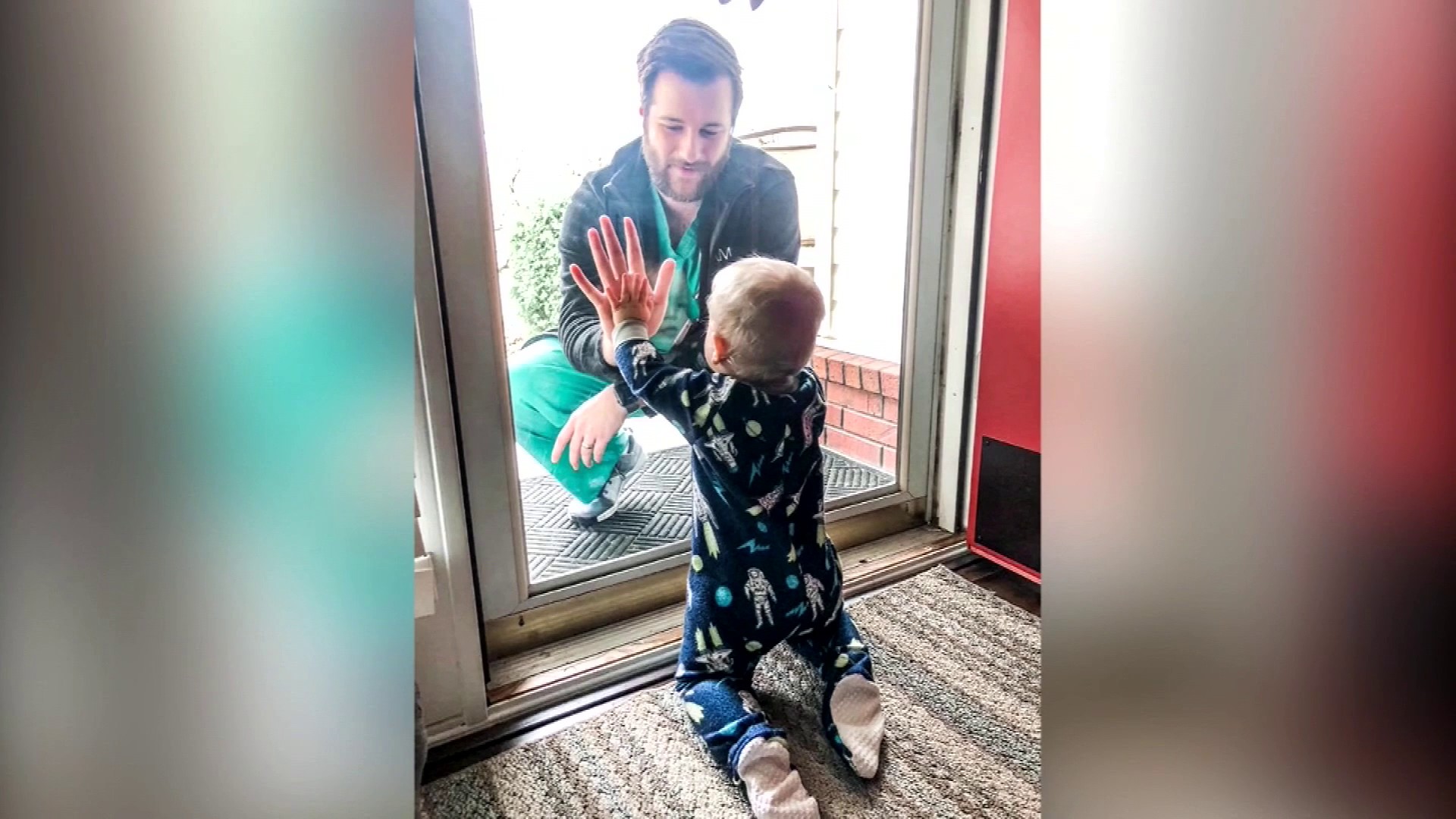As my favorite episode, White Bear provides everything that you can get out of a thriller series like Black Mirror— distrust of technology, a major plot-twist, and a questioning of your own morality.
Black Mirror is a series of stand-alone dramas on Netflix where each episode focuses on the negative impacts of a futuristic world on individuals and overall society. As this is one of my favorite TV Shows, my passion blog will be my review of the most notable episodes and my view of the deeper meanings behind them. In my eighth and last post, I will be looking at Season 2, Episode 2: White Bear.
The episode follows Lenora, who wakes up with a terrible migraine, and the TVs in her house all show a strange symbol. As she runs out of her house, panicked and fearful, she asks her neighbors and other people to help her. Yet, all they do is record her with their phones, while masked men chase Lenora with guns. Throughout the episode, we see Lenora trying to escape the mobs that are chasing her. Towards the end of the episode, Lenora is caught and held at gunpoint. However, when the gun fires, confetti sprays instead of a bullet. The background is suddenly a backdrop, and an audience is watching the entire scene— the fourth wall breaks for everyone but Lenora. The narrator suddenly informs Lenora that her real name is Victoria. Years ago, Victoria’s fiance had abducted and murdered a small girl, all while Victoria had recorded. As punishment for her crimes, Victoria/Lenora has her memories erased daily and is harassed in the White Bear Justice Park facility while the audience simply records her. The episode ends with Victoria/Lenora being taken back into the facility to have her memory cleared for the next day.
There is a significant amount of analysis in this episode. To start, the behavior of the audience reflects the current public. People are so absorbed into filming an objective view from their phone that they refuse to show any sort of sympathy. No one bothers to help Victoria because they are all to busy filming her.
Furthermore, this episode raises a question which was also expressed in Black Museum (PAS 6): If one commits murder, how far can you go into punishing them? White Bear stays in the perspective of Victoria/Lenora, causing the audience to sympathize with her up until the end plot-twist. Yet, Victoria’s/Lenora’s punishment still seems terribly cruel, and having to go through it every single day seems excessive. It becomes an issue of morality, and how our society needs to bring in a new perspective into the conversation of modernity.
The creation of advanced technology in this episode brings up a new issue— how can we stay ethical in an increasingly technological world? Watch Black Mirror and answer the question for yourself.
